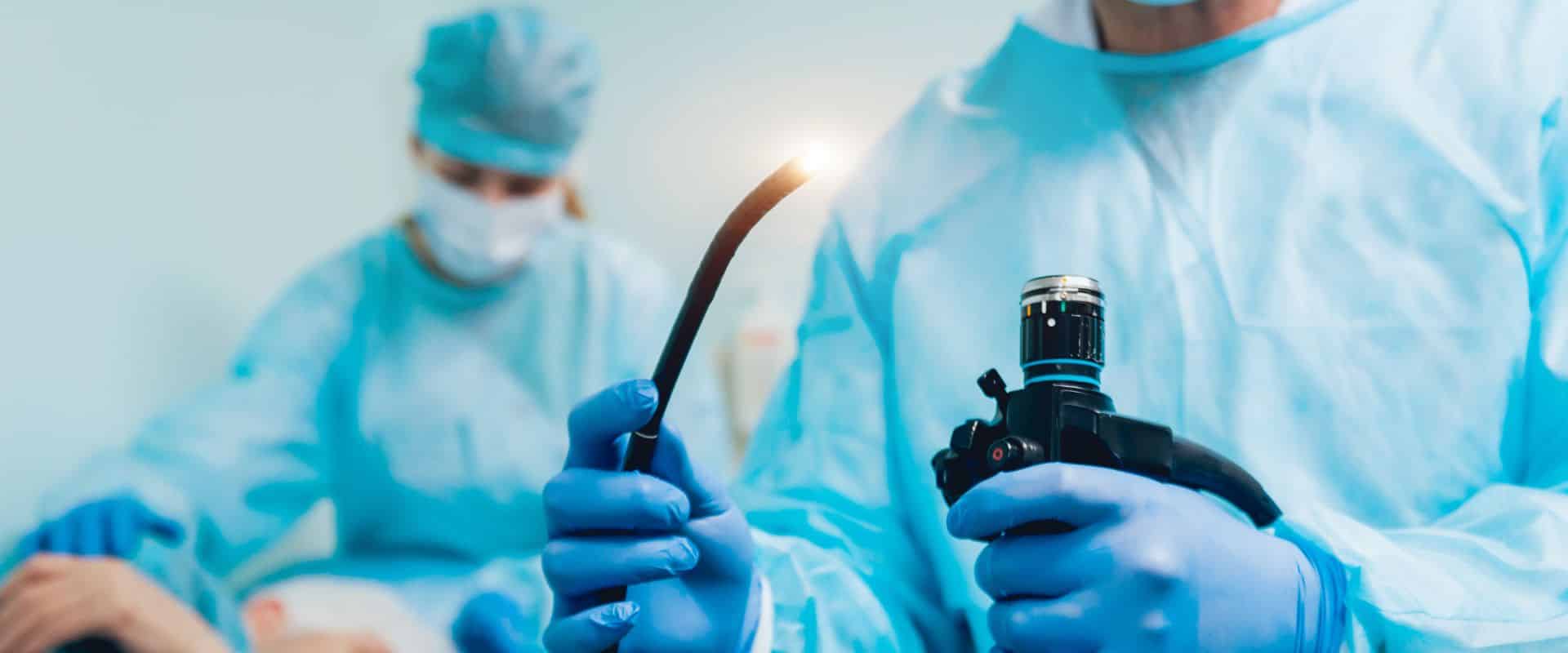Bowel cancer is one of the most commonly diagnosed cancers in Australia, affecting people of all genders and backgrounds. It often begins with small, non-cancerous growths called polyps, which can sometimes develop into cancer if left untreated. Because bowel cancer can grow slowly and silently, early detection becomes crucial for improving outcomes and expanding treatment options.
General practitioners play an important role in encouraging patients to participate in screening and following up with diagnostic referrals when necessary. In many cases, these conversations happen long before symptoms appear. That’s why people over the age of 50 are encouraged to take advantage of free national screening programs, even if they feel perfectly healthy.
How do you check for bowel cancer? This page explores how bowel cancer is detected through screening programs, diagnostic procedures, imaging, and specialist care pathways.
Why checking for bowel cancer matters
High incidence in Australia
Each year, thousands of Australians are diagnosed with bowel cancer, making it one of the country’s most common cancers. This high incidence rate is one of the strongest reasons to understand and utilise screening.
Benefits of early detection
When bowel cancer is identified at an early stage, it is often easier to treat and less likely to have spread beyond the bowel. This can result in better recovery rates and a broader range of treatment options.
Asymptomatic cases are common
It’s common for bowel cancer to develop without any noticeable symptoms in the early stages. That’s why waiting for common signs such as bleeding or changes in bowel habits to manifest may delay a diagnosis.
Government programmes make screening accessible
Australia’s National Bowel Cancer Screening Program mails free test kits to eligible people aged 50 to 74. This makes it easier for people to screen for bowel cancer without needing to visit a clinic initially.
How do you check for bowel cancer? — The screening options available
Faecal Occult Blood Test (FOBT)
This test is designed to detect tiny amounts of blood in the stool, which may indicate the presence of polyps or cancer. It’s done at home using a sample kit and doesn’t require any special preparation.
Who should be tested and when
The Faecal Occult Blood Test is recommended every two years for Australians aged 50 to 74. Even if you feel healthy and have no symptoms, this routine check can play a key role in early detection.
How to access a screening kit
Eligible individuals automatically receive an FOBT kit in the mail. The test is funded by the Australian government and includes clear instructions to help you collect and return your sample easily.
What happens after a positive result
A positive FOBT doesn’t confirm cancer, but it does mean further testing is needed for a more accurate result. In most cases, your doctor will recommend a colonoscopy to explore the cause of the result.
Diagnostic procedures for bowel cancer
- Colonoscopy: A colonoscopy allows a specialist to examine the entire bowel using a flexible camera. This is the most direct and comprehensive way to look for signs of cancer or polyps.
- Biopsy during the procedure: If suspicious tissue is found during a colonoscopy, the doctor may take small samples (biopsies) to send to a laboratory. These help confirm whether cancer cells are present.
- Flexible sigmoidoscopy: This procedure is similar to a colonoscopy but examines only the lower part of the bowel. It can be used when a full bowel examination isn’t required or as a preliminary test.
- CT colonography (virtual colonoscopy): If a colonoscopy isn’t suitable—for instance, due to health risks—CT colonography offers a non-invasive alternative. It uses imaging to visualise the bowel and identify abnormalities.
When to see a specialist
Symptoms you shouldn’t ignore
Persistent changes in bowel habits, rectal bleeding, unexplained pain, bloating, or sudden weight loss could indicate a problem. If these symptoms persist, it's time to speak with your GP.
Family history and personal risk factors
If someone in your immediate family has had bowel cancer, your risk may be higher. Lifestyle factors such as diet, smoking, and lack of exercise can also play a role in increasing risk.
Getting a referral for further testing
When symptoms arise or test results come back abnormal, your doctor may refer you to a specialist, such as a gastroenterologist or colorectal surgeon, for further investigation.
Next steps after seeing a specialist
Based on what the specialist finds, you may undergo additional scans or be introduced to treatment planning options. This process is tailored to the individual and may involve a doctor.
FAQs

If you're eligible and haven’t received a kit, you can request a replacement through the National Bowel Cancer Screening Program. It’s important not to delay your test.
Yes, in some cases, your GP may recommend a colonoscopy based on symptoms or personal risk factors, even if you haven’t done an FOBT.
While the screening kit is free, some follow-up procedures, like colonoscopy, may incur costs depending on your Medicare eligibility or private health coverage.
You can still speak with your GP, especially if you have a family history or concerning symptoms. They may recommend earlier testing or refer you to a specialist.
Worried about bowel cancer or your next steps?
If you’re over 50, have a family history, or are noticing symptoms that don’t feel quite right, now is the time to act. Waiting too long can reduce the available options and make treatment more complex.
Bowel cancer often develops silently, so taking that first step—whether it’s completing a screening test or booking an appointment with your GP—can make a real difference in your long-term health.
Being proactive today could mean catching something early, when treatment is simpler and outcomes are more favourable.
How do you check for bowel cancer? Start by speaking to a qualified gastroenterologist in Sydney to discuss the best course of action for your situation and schedule a bowel cancer screening.
